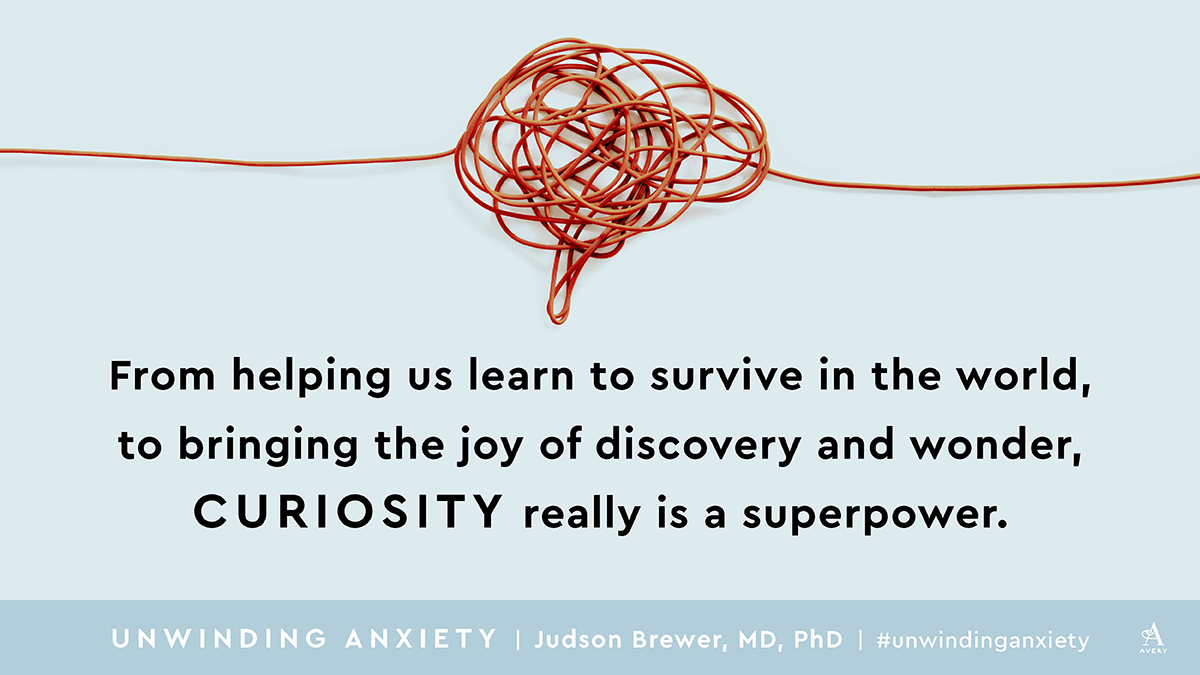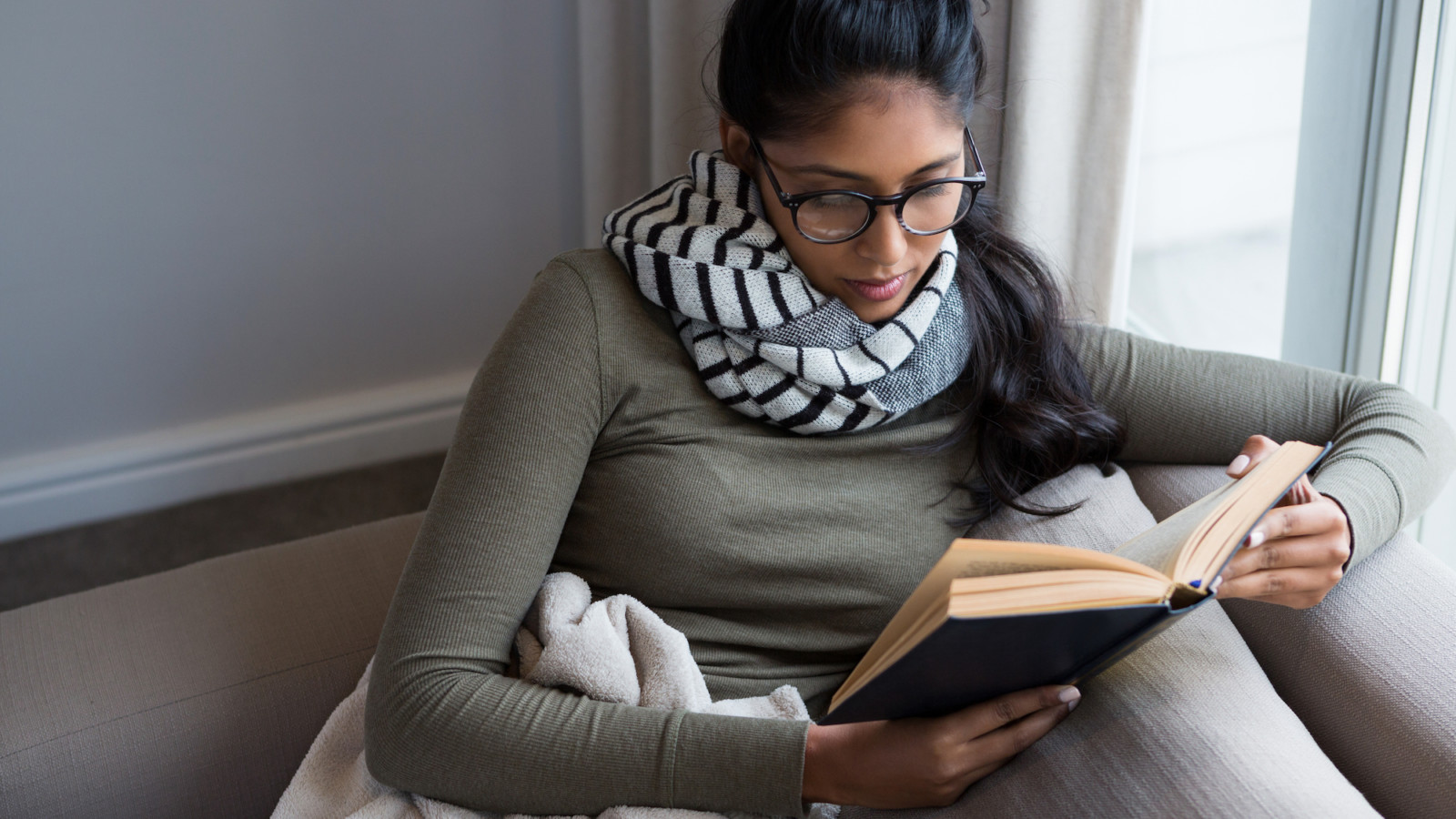Of all of our human capacities, curiosity is at the top of my list of most essential. From helping us learn to survive in the world to bringing the joy of discovery and wonder, curiosity really is a superpower.
In the fall of 2019, I led a seven-day silent meditation retreat for the U.S. women’s Olympic water polo team. This is a group of amazing women who have won back‑to‑back gold medals in the past two Olympics. When they arrived at the retreat center, they were fresh off of winning the world championship and a gold medal at the Pan American Games. They are literally the best team in the world at water polo. What more could I teach them about being top athletes?
I was leading the retreat up in the mountains in Colorado with my good friend, Dr. Robin Boudette, with whom I often co‑lead weekend workshops and retreats. About three days into the retreat, we had led the team on a hike to the top of an overlook that had an awe-inspiring view of the valley below. That’s when I decided to drop the C‑bomb on them. All week, Robin and I had emphasized the importance of bringing an attitude of curiosity to everything from meditation to eating, but we were saving our method for dropping into curiosity until the right time. And that time was now.
On the count of three, Robin and I both broke into the silence with a loud hmm (this is the type of hmm that we naturally emit when we’re curious about something, not to be confused with the traditional mantra, Om). We had them repeat it with us, and a collective hmm reverberated its way across the rooftops of the world. This act got all of us out of our heads and into a direct experience of being curious.
Over the rest of the week the team took to this curiosity practice like fish to water. When they felt frustrated or stuck during a meditation practice, hmm seemed to help them explore what that felt like in their body and mind (instead of trying to fix or change it). When they got caught in a habit loop of worry or self-judgment, hmm could help them shift into third gear and step out of the loop. Instead of their minds spinning out of control and feeding more habitual self-judgment, they found that hmm could help them step back and see their habit loop component elements for what they were: thoughts and emotions.
Curiosity also helped them stay present in a nonjudgmental way to whatever their experience was. It proved to be stronger than any type of force or willpower they (habitually) used, and also brought a playful, even joyful attitude to the meditation retreat. (It is hard to take yourself too seriously when you are hmm-ing all day long.)
Over the years, I’ve found that I can teach this simple tool as a way to help people — regardless of their language, culture, or background — drop directly into their embodied experience and tap into their natural capacity to be curious. It also avoids the “head trap” of wanting to fill a knowledge gap, getting people right into that sweet spot of openness, engagement, and curiosity.
Sometimes I get the question “What happens if I’m not curious?”
My response: “Use the mantra to drop right into your experience. Hmm, what does it feel like to not be curious?” This helps them move from their thinking, fix‑it mind state into a curious awareness of their direct sensations and emotions in their bodies, moving out of their thinking heads and into their feeling bodies.
That’s the third gear of unwinding your anxiety: It’s a process of stepping out of your old habit loops and into the present moment. When you use hmm as a mantra, you bring out your childlike fascination, especially if you haven’t used it in a while. Hmm helps you drop right into your direct experience, instead of getting stuck in your head trying to do something about those pesky habit loops or to fix yourself.

Excerpted from UNWINDING ANXIETY by arrangement with Avery Books, a member of Penguin Group (USA) LLC, A Penguin Random House Company. Copyright © 2021, Dr. Judson Brewer


